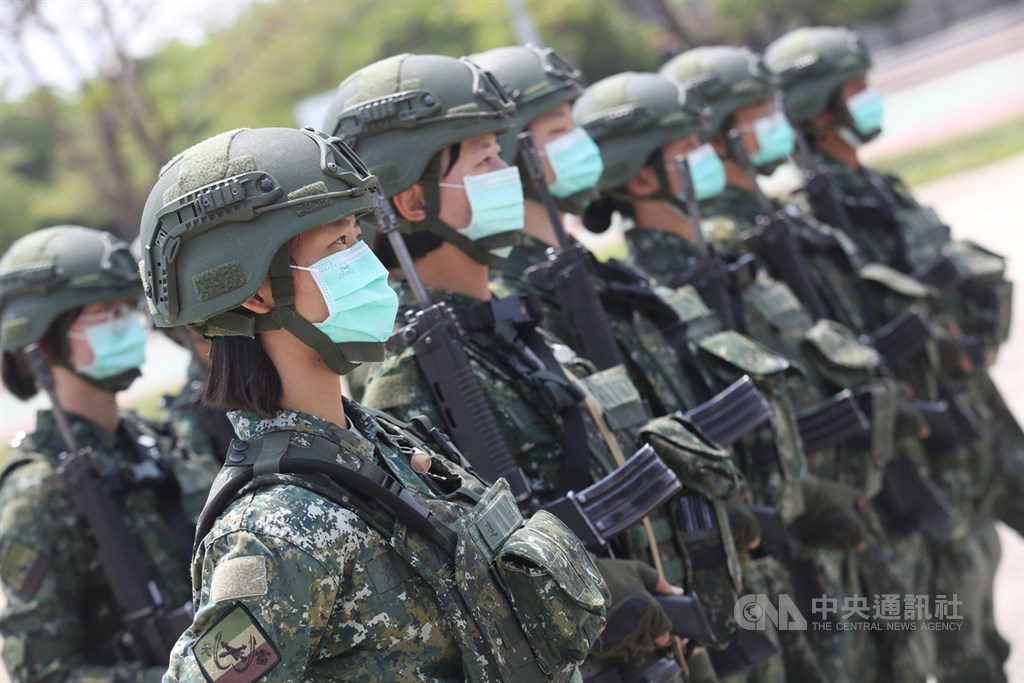According to the U.S. Trade Representative, China has not contacted either his office or President Trump since April 2nd. In an effort to pressure China back to the bargaining table, Trump repeatedly raised tariffs—at one point up to 145%—yet received no response. The Chinese Ministry of Commerce later suggested that Trump should reconsider these tariff hikes. In turn, Trump issued a 90-day extension, but again, China remained silent. Eventually, Trump hinted that the extension might be cut short.
China did respond—but not in the way Trump had hoped. It announced the suspension of all rare earth and specialized magnet exports. Exporters must now apply for a permit, a process that can take anywhere from 60 days to several months. This delay gives the Chinese government time to assess whether these shipments might ultimately end up in the United States.
Here’s why this move is critical: China produces 90% of the world’s rare earth elements and controls about 70% of the global supply. These minerals are essential for advanced manufacturing, including the production of automobiles, aircraft, communications equipment, and various technologies used by defense contractors. In effect, China has a strategic chokehold—and now the ball is in Trump’s court.
China’s next move may not be economic but military. Xi Jinping has maintained control of the military with assertive declarations that the reunification of Taiwan with mainland China is inevitable. This aligns with a plan introduced in 2019 to integrate Taiwan under a framework similar to that of Hong Kong. However, Xi is quickly running out of options.
US president says he will announce tariff rates on semiconductors next week

www.independent.co.uk





